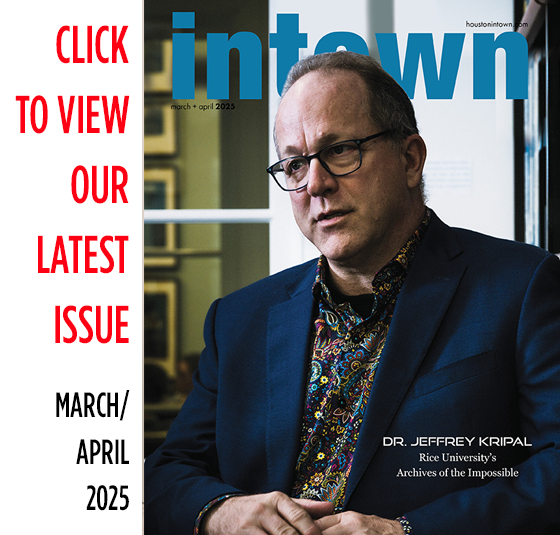Emilie Duval – Exhibition “The Order of the Simulation” at Heidi Vaughan Fine Art
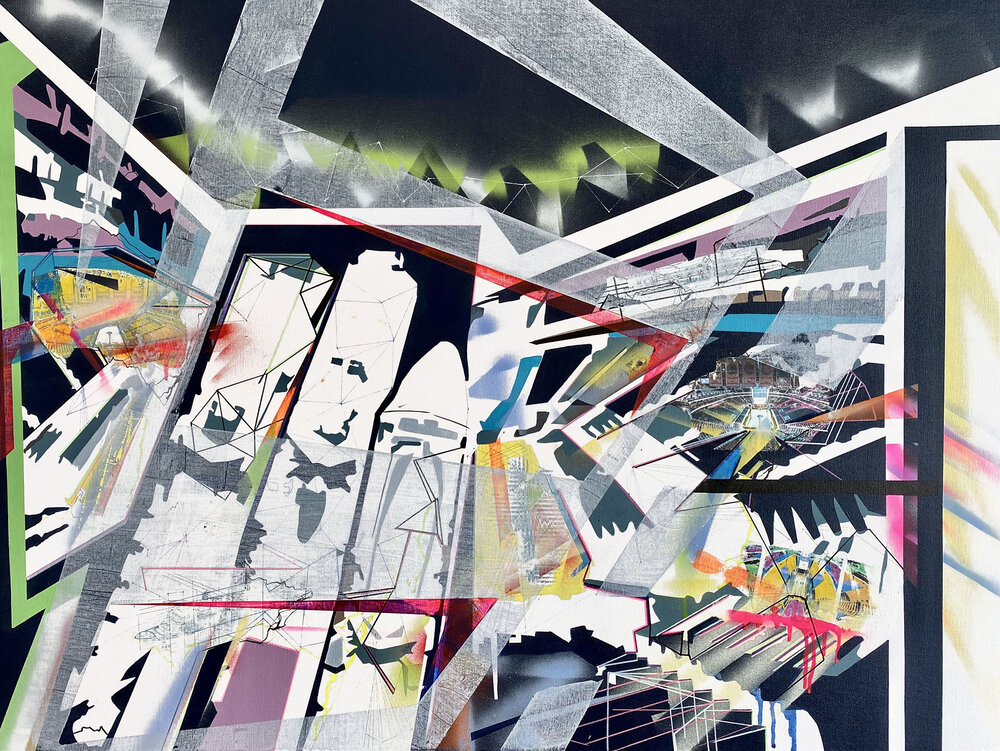
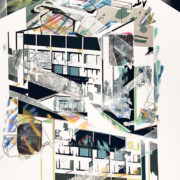
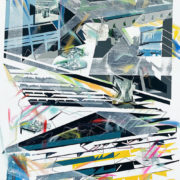
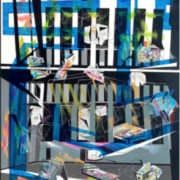
Emilie Duval – Exhibition “The Order of the Simulation” at Heidi Vaughan Fine Art
Emilie Duval – Exhibition “The Order of the Simulation” at Heidi Vaughan Fine Art
Emilie Duval – Exhibition “The Order of the Simulation” at Heidi Vaughan Fine Art
It’s fascinating to be reminded that economics is a primary driving force of human history. Man’s shift from hunting and gathering to agriculture is a notable example. Ditto the Industrial Revolution. The modern age gave us the warping onslaught of algorithmic digital data. So utterly assailed are we by digitized constructs, the illusionary digital realm seems inextricably more real.
When she lived in Paris, Houston artist Emilie Duval studied economics and law. And studied art at the Louvre where she copied Old Masters. She wanted to be an art auctioneer. Then decided this path was “to mercantile,” and plunged into making art. She couldn’t however tame the economist inside of her, which compels her to make conceptually-based paintings full of economic and philosophical references, a favorite theme being the unavoidable engorging digital world. Her manner of artistic representation? By means of distorted, fractured, fragmented abstract images made with ink and layers of smeary translucent acrylic paint and collage. Eerie and beautiful in equal parts, the artwork seem to allegorize dissonance and transformation. Duval’s newest works are being shown in “The Order of Simulation” at Heidi Vaughan Fine Art through April 3, 2021.
Some of Duval’s associations are a bit cerebral. She once made a reference to Thomas Hobbes that made my head hurt. Her allusion to ancient Rome on the other hand was easier to navigate because in graduate school I learned from Livy and other ancient writers that the Roman Republic’s demise had economic as well as political and military reasons. Duval may have found it significant that the 482-year-old Republic fell on its ass. For viewers’ edification, Duval likens the binary digitized world to the French philosopher Michel Foucault’s concept of “heterotopia,” a space which is parallel to, but different or incompatible. I suggest you blow off reading Foucault and simply enjoy the captivating images.









